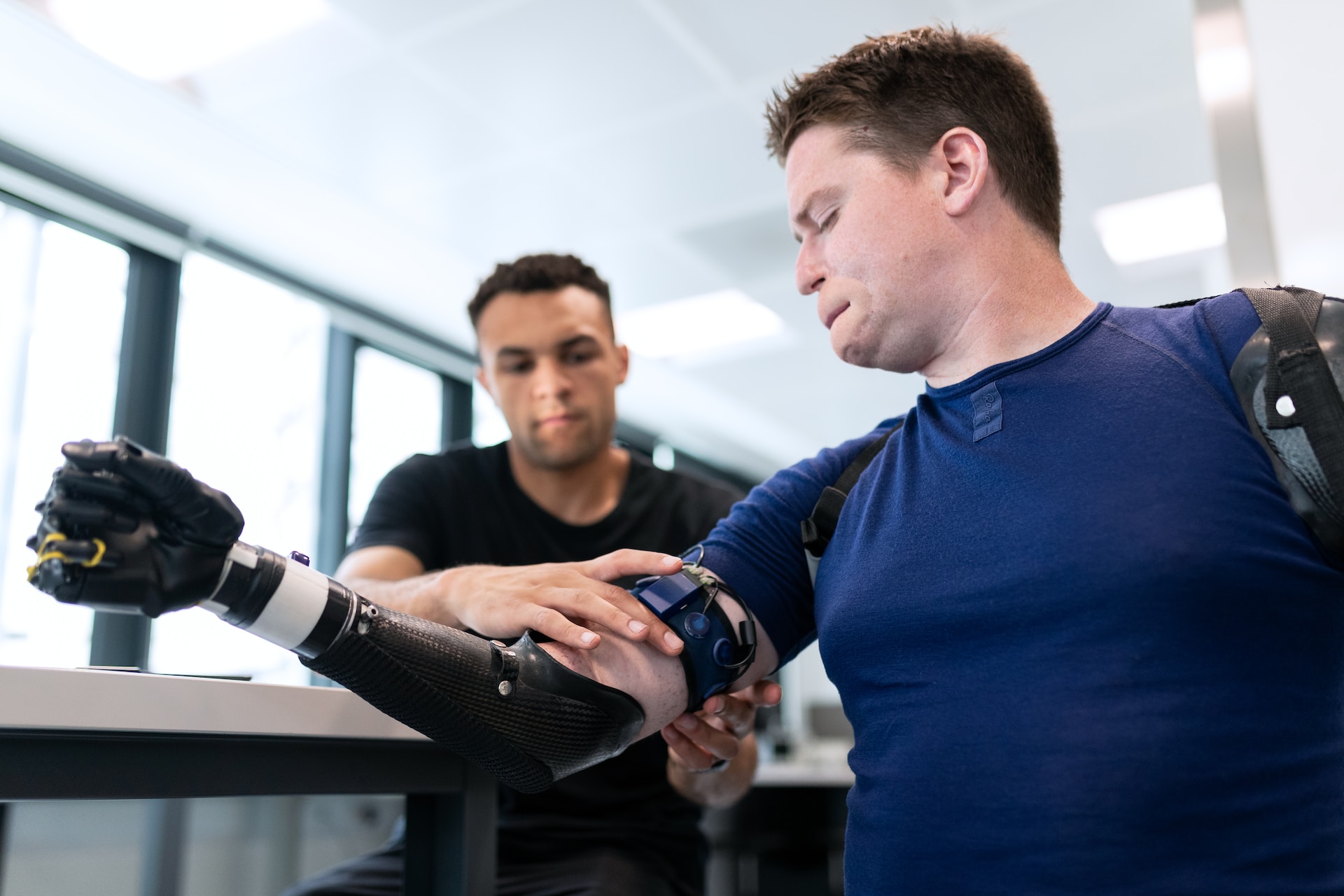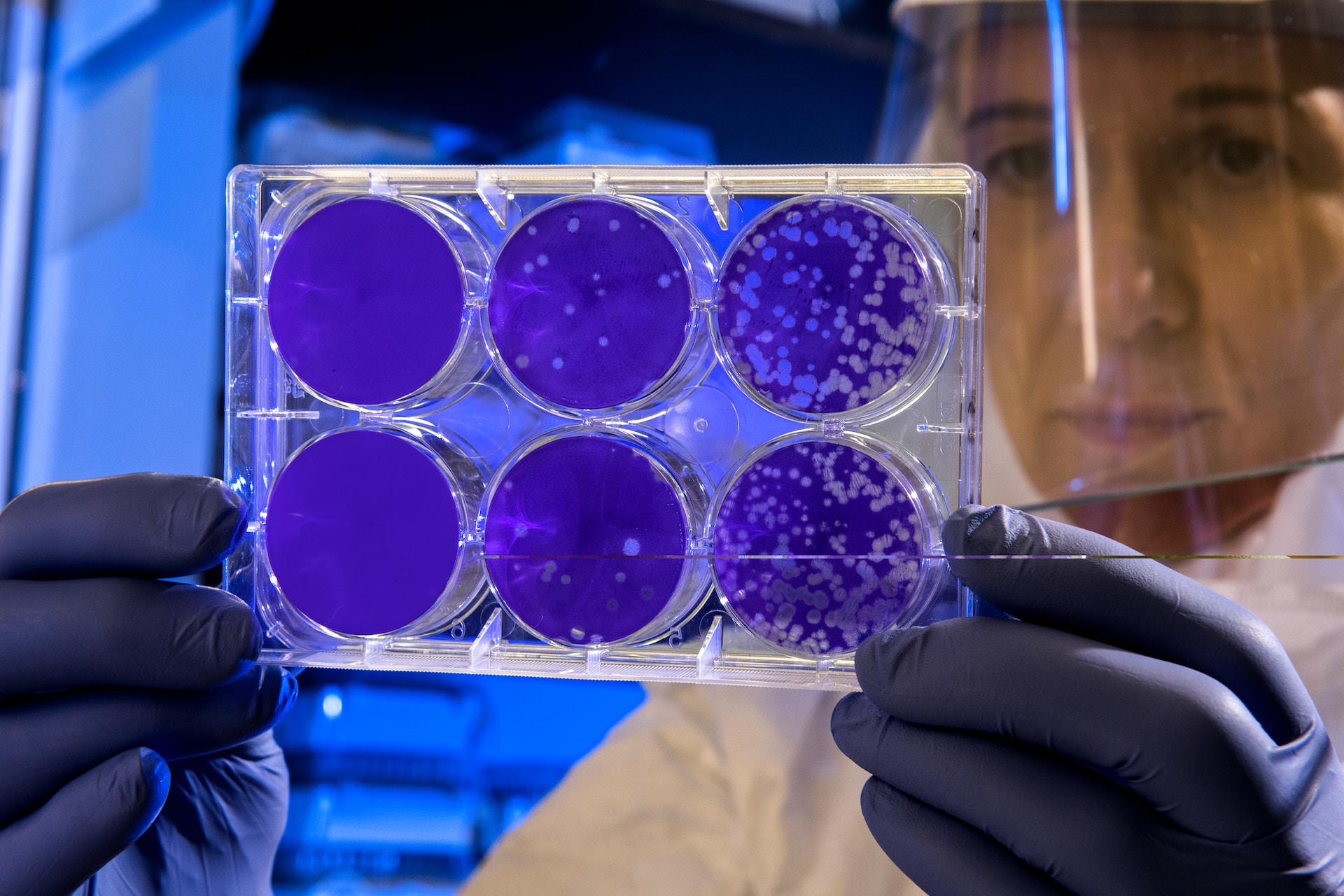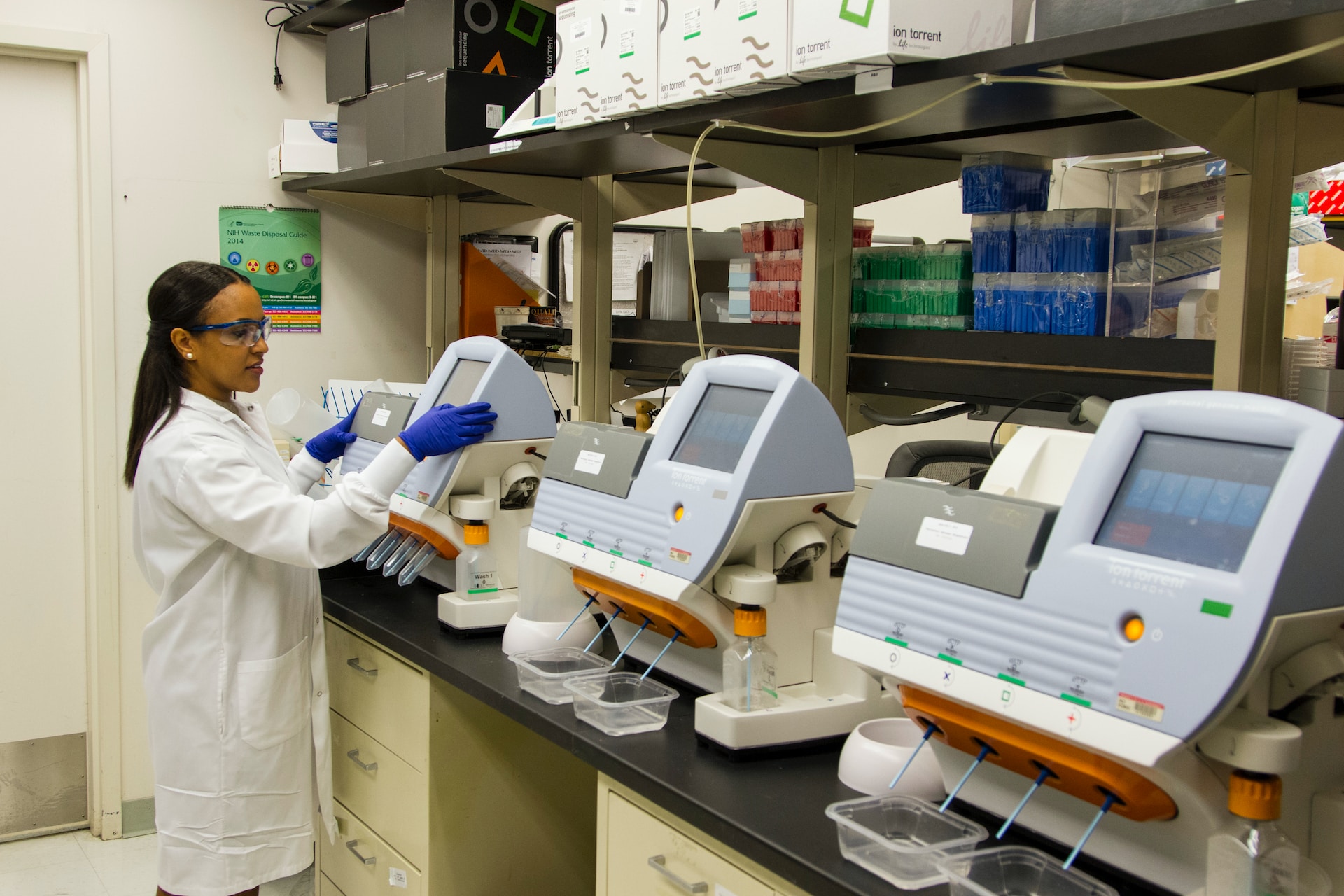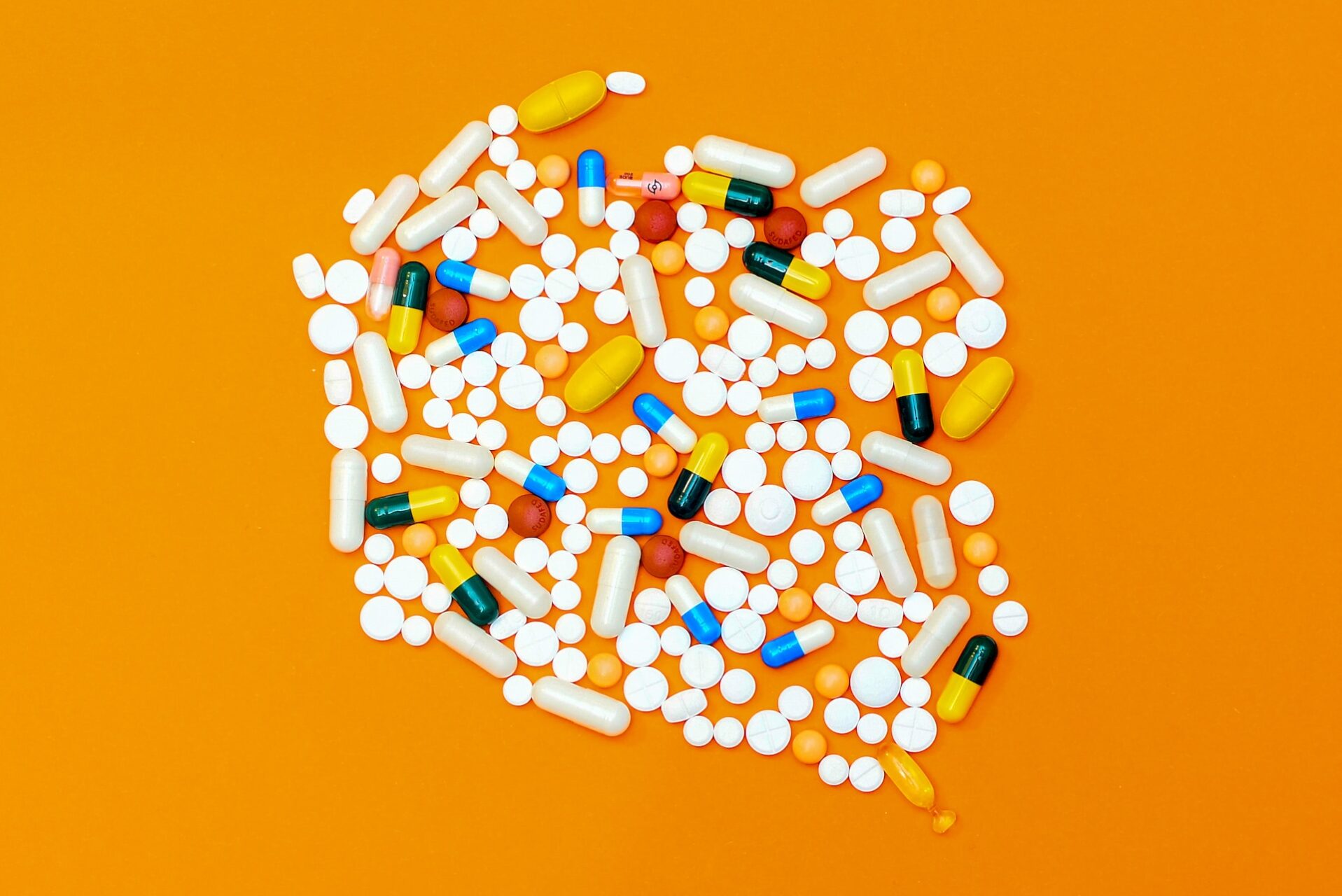
Why Biotechnology is Important: 5 Life-Saving Innovations
November 27, 2023 - Emily Newton
Revolutionized is reader-supported. When you buy through links on our site, we may earn an affiliate commision. Learn more here.
Biotechnology is important for saving lives, curing diseases, improving quality of life and much more. Over the years, biotechnology has led to countless incredible discoveries and treatments, from life-saving vaccines to a cure for blindness. What are a few of the most important, cutting-edge biotechnology innovations in recent years?
1. mRNA Vaccines
mRNA vaccines are the technology behind the COVID-19 vaccines developed by Moderna, Pfizer and others. These vaccines are a perfect example of why biotechnology is important. Research shows that the COVID-19 vaccines saved at least 3 million lives and prevented an additional 18 million hospitalizations.
mRNA vaccines are revolutionary because they drastically reduce vaccine development time by utilizing existing biological functions. Messenger RNA (mRNA) transfers genetic information throughout the body. Their main job is instructing the body to create proteins.
The COVID-19 vaccines use mRNA to teach the body to recognize the COVID-19 virus using a tiny, harmless piece of it called a spike protein. The mRNA gives the body the information to identify and eliminate the virus without exposing the patient to it. Since mRNA vaccines use the body’s built-in genetic and immune systems, scientists can develop treatments in months rather than years.
2. 3D Printed Organs
As of 2023, there are over 100,000 people waiting for an organ transplant in the United States. Each year, 6,000 people die because they could not receive a transplant. There are simply not enough organs available for transplants, even with thousands of people volunteering to donate.
What if doctors could create new organs for patients? They could save millions of lives worldwide every year. That may soon be a reality. Over the past several years, doctors, scientists and engineers have been developing bioprinting technology, which uses 3D printing to make synthetic organs. Biotechnology is important for everyone because innovations like this can save lives, reduce hospitalizations and prevent the need for donor surgeries, which pose their own hazards and expenses.
Scientists are pursuing two possibilities in bioprinting: synthetic materials and stem cells. One of the biggest challenges in organ transplantation is finding an organ that’s compatible with a patient and ensuring their body doesn’t reject the transplant. Doctors could resolve both of these issues if they could 3D print a new organ with the patient’s own DNA using stem cells.
This technology is still very cutting edge, so synthetic bioprinting will likely be widely available first. However, there have been some exciting advances recently. For example, a team of scientists at Stanford University used stem cells to 3D print part of a human heart in 2023.
3. CRISPR Gene Editing
What if doctors could cure genetic diseases by simply removing them from a patient’s DNA? That’s the idea behind CRISPR, or Clustered Regularly Interspaced Short Palindromic Repeats. This groundbreaking gene editing technology uses the Cas-9 enzyme and RNA to precisely modify strands of DNA, whether by adding or removing parts of the genome.
Doctors could use CRISPR to treat genetic diseases, cancer and more. Unfortunately, there is a significant amount of controversy surrounding CRISPR technology, largely related to concerns about safety and ethics. Many people worry that genetic engineering is a slippery slope that may lead to unnecessary modifications for things like beauty or intelligence.
However, CRISPR is still an incredible scientific breakthrough. Scientists can use it on plants and animals, as well. For instance, they could edit the genome of crops to make them healthier or more resilient to different environments.
4. Prosthetic Limbs
Biotechnology is important for ensuring people can live full, healthy lives even after life-changing accidents. Prosthetic limbs are a perfect example. Prosthetics have been around for centuries, but scientists and engineers have made some incredible advances in recent years, bordering on the realm of science fiction.
For example, new bionic arms and hands allow people to control a movable, dexterous prosthetic using their thoughts. Some models even allow users to feel touch sensations like they would with a real hand.
The Esper Hand is one such next-gen prosthetic limb. It’s light, responsive and dexterous. The arm has AI self-learning capabilities, as well, so it can adapt to a user’s unique body and movement patterns. The bionic arm uses the brain’s normal muscle activity signals to allow users to control the arm like they would a normal limb. It’s one of many new life-like, movable prosthetics starting to emerge in the medical world.
5. Hearing and Vision Implants
Blindness and deafness limit a person’s ability to experience the world around them. Losing sight or hearing partway through life is often traumatic and tragic. In the past, blindness and deafness were permanent, whether a person was born with the condition or suffered from an accident. That’s starting to change thanks to biotechnology.
Scientists and engineers have developed numerous types of medical implants that can restore lost senses. For example, cochlear implants use small electronic devices to artificially recreate the ear’s ability to detect sound. While cochlear implants don’t completely restore a person’s hearing, they can allow a deaf person to experience some semblance of sound. For example, someone could hear traffic on the street around them or make out impressions of verbal speech.
Scientists are also developing brain implants that allow blind people to see. Curing blindness is exceptionally difficult because there are many conditions that can cause a person to lose their vision. However, potential cures are on the rise. For example, the Hyperstim implant uses electrodes to transmit visual information to the brain, much like the eye naturally would.
Why Biotechnology is Important
Biotechnology saves lives every day. It is the science behind groundbreaking innovations that are helping people live longer, healthier lives. Emerging technologies like smart prosthetic limbs and bioprinting still require significant R&D before going mainstream. Once they are widely available, though, they will be life-changing for people all over the world.
Revolutionized is reader-supported. When you buy through links on our site, we may earn an affiliate commision. Learn more here.
Author
Emily Newton
Emily Newton is a technology and industrial journalist and the Editor in Chief of Revolutionized. She manages the sites publishing schedule, SEO optimization and content strategy. Emily enjoys writing and researching articles about how technology is changing every industry. When she isn't working, Emily enjoys playing video games or curling up with a good book.




